Outlook

These changes in the global agency's view of the Egyptian economy come after Cairo secured a $35 billion investment from the United Arab Emirates (UAE), adding to a string of international commitments and financing exceeding $50 billion.
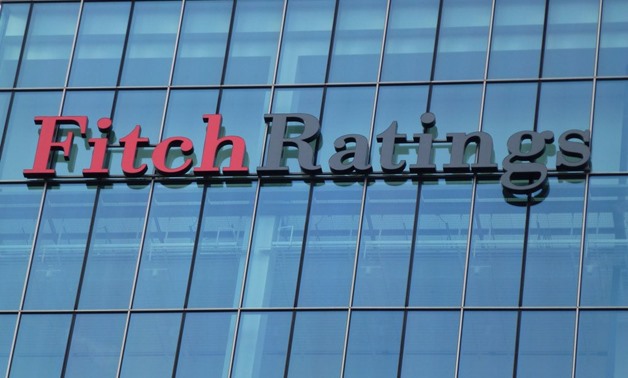
This rating is attributed to increased risks to external financing, macroeconomic stability, and high government debt.

This shows trust that the Egyptian economy has the ability to deal positively with difficult foreign repercussions, topped by the war in Europe and its economic fallout at the international level.

Fitch elaborated in a statement that Egypt's ratings are supported by its recent record of fiscal and economic reforms, its large economy with robust growth and strong support from bilateral and multilateral partners.
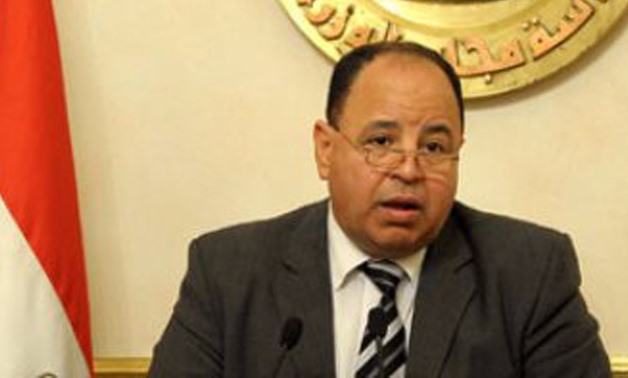
The minister cited reports issued by international economic institutions about Egypt’s economy and their optimistic and positive outlook on Egypt’s economic performance for the coming years.

The rating agency clarified that the rating and outlook are reinforced by its recent track record of fiscal and economic reforms, which the authorities are furthering, as well as its large economy, which has demonstrated stability and resilience through the global health crisis.
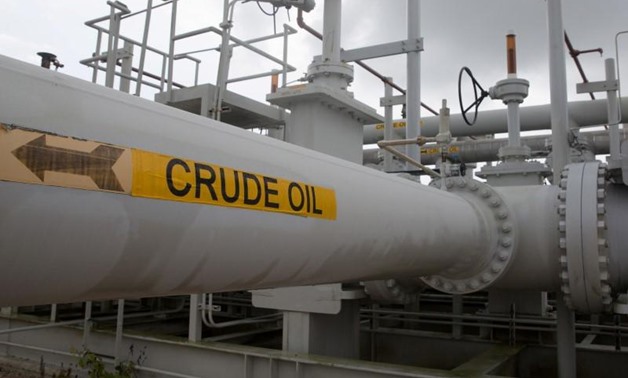
The shutdown of the 315,000-bpd El Sharara oilfield in Libya also helped push up Brent, traders said.
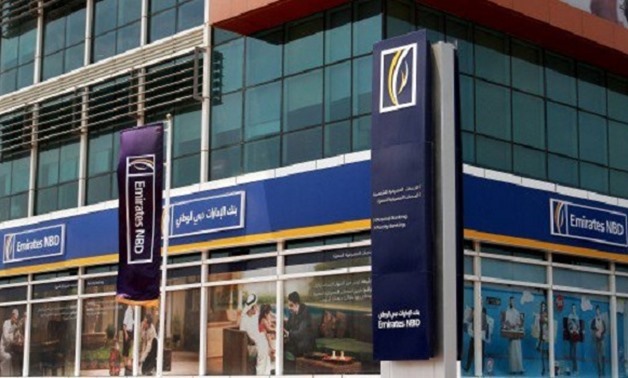
Egypt’s Emirates NBD Purchasing Managers’ Index (PMI) for the non-oil private sector fell to 49.7 in February, compared to 49.9 in January.
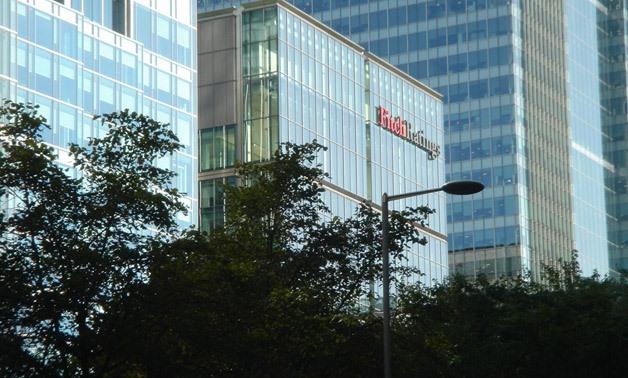
Fitch anticipated in a report that the Central Bank of Egypt will cut rates further this year (another 200-300bps).
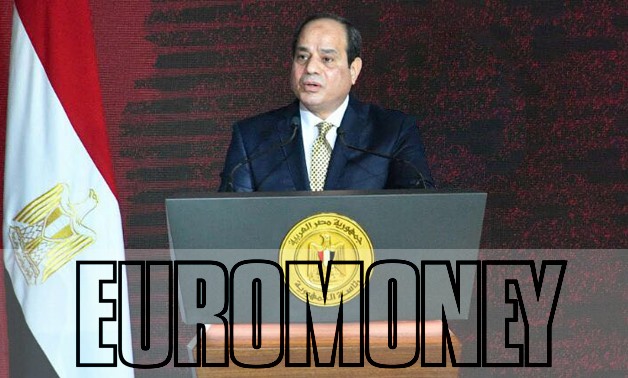
Egypt is definitely going in the right direction and its recovery is noticeable, Christian Richter, a contributor to Euromoney, said Friday.

Global supply and demand for crude oil will be largely balanced next year.

Moody’s said that this comes as a result of the weakening operating conditions and continued funding pressures facing Qatari banks.